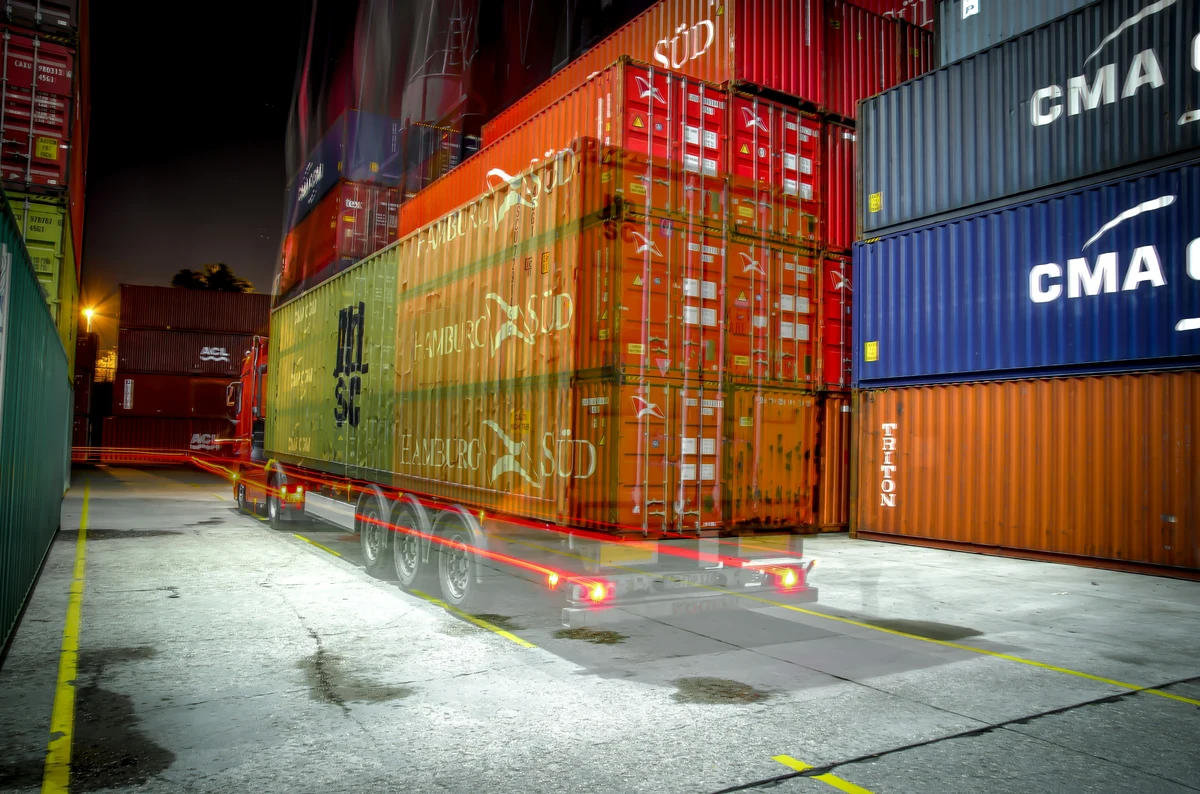The logistics industry is transforming, powered by artificial intelligence (AI). With the growing demand for faster, more efficient supply chains, companies increasingly turn to innovative technologies like conversational AI and chatbots to enhance their operations. These AI-driven tools are revolutionizing everything from customer service to tracking and inventory management. By leveraging the power of bot intelligence, logistics companies are improving their operations’ efficiency and reshaping how they interact with customers and suppliers.
Enhancing Customer Service with Chatbots
The rapid logistics industry depends heavily on customer service to maintain operational continuity. The traditional customer service department faces a continuous stream of questions about shipment details, delivery times, and order information. The delays, together with frustrated customers, result from these situations. Logistics companies that implement conversational AI and chatbots provide immediate customer query responses through a system operating 24 hours daily.
Automating Routine Tasks to Boost Operational Efficiency
The main advantage of conversational chatbots in logistics operations includes their power to automate recurring tasks that maintain operational efficiency. Business processes that include data entry, order processing, and inventory management usually demand substantial amounts of time and produce errors due to human mistakes. The automated execution of these tasks enables chatbots to optimize operational flow, enabling team members to handle strategic responsibilities. With intelligent workflows in place, logistics companies can reach their goals faster.
Real-Time Communication and Collaboration Across the Supply Chain
The supply chain system consists of numerous stakeholders, including suppliers, distributors, and retailers. The success of operations depends on strong communication links between involved parties. Through real-time communication, Conversational AI serves as the key technology that connects different interaction points.
Stakeholders benefit from chatbots by obtaining shipment status updates, order verification, and inventory maintenance capabilities at any time. The supply chain gains more transparency and enhanced teamwork due to this approach. The automated system, through chatbots, handles trivial issues such as delivery delays and order quantity discrepancies by eliminating the requirement for human support. Fast problem resolution maintains an efficient operation that avoids disruptions to supply chain functions.
Data-Driven Insights for Better Decision Making
The powerful capability of conversational AI in logistics stems from its ability to gather and analyze vast quantities of data. Each interaction between customers and chatbots produces valuable information, enabling supply chain optimization through demand prediction, trend analysis, and operation optimization. Logistics companies gain better decision-making abilities by analyzing this data to improve inventory management, shipment planning, and resource allocation strategies.
Chatbots monitor customer inquiries to detect which support questions they encounter most frequently and which obstacles they encounter. The collected information enables organizations to optimize their customer support systems, shipping methods, and marketing strategies. The information generated by AI tools allows businesses to develop better operational strategies to maintain their leadership position in the market.
Improving Employee Productivity and Satisfaction
The technological capabilities of chatbots serve to provide better customer experiences, yet simultaneously affect productivity levels among employees. Implementing chatbots allows staff members to allocate their time toward essential work after these systems take care of regular duties and address straightforward customer questions. The reduced workload allows customer service representatives to dedicate themselves to complex problems that need human intervention.
AI tools enhance operational efficiency, resulting in a more efficient work environment. Staff members dedicate their time to activities that match their capabilities instead of performing monotonous tasks. This has a positive effect on employee satisfaction, producing a motivated and productive workforce.
The Future of Logistics with AI and Chatbots
AI technology, together with chatbots, holds enormous power to revolutionize logistics management systems. The development of these technologies will create more advanced capabilities, including predictive analytics, machine learning, and enhanced natural language processing abilities. AI integration in logistics will enhance current processes and develop future supply chain operation models.
The competitive market demands that businesses adopt conversational AI solutions, as this technology becomes the key element in driving innovation for cost reduction and enhanced customer satisfaction. Bot intelligence will keep expanding its functions to create logistics operations that adapt rapidly to customer needs while improving speed and intelligence.
The logistics industry faces a revolutionary transformation through conversational AI and chatbots because these tools optimize workflows and boost customer service while improving complete supply chain communication. These technologies enable logistics companies to operate more efficiently while delivering real-time information alongside valuable data, which makes them more responsive. AI advancement in the future will make logistics operations more agile, enabling businesses to swiftly respond to market requirements and customer demands.

